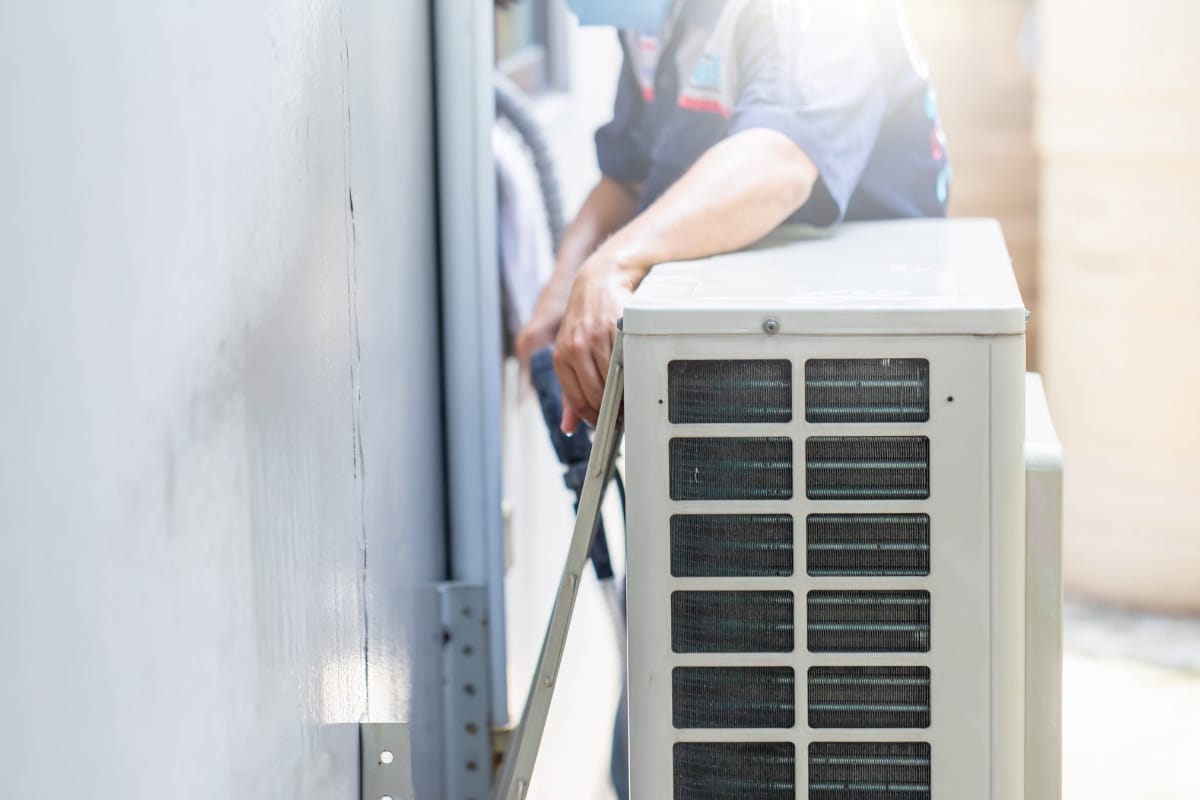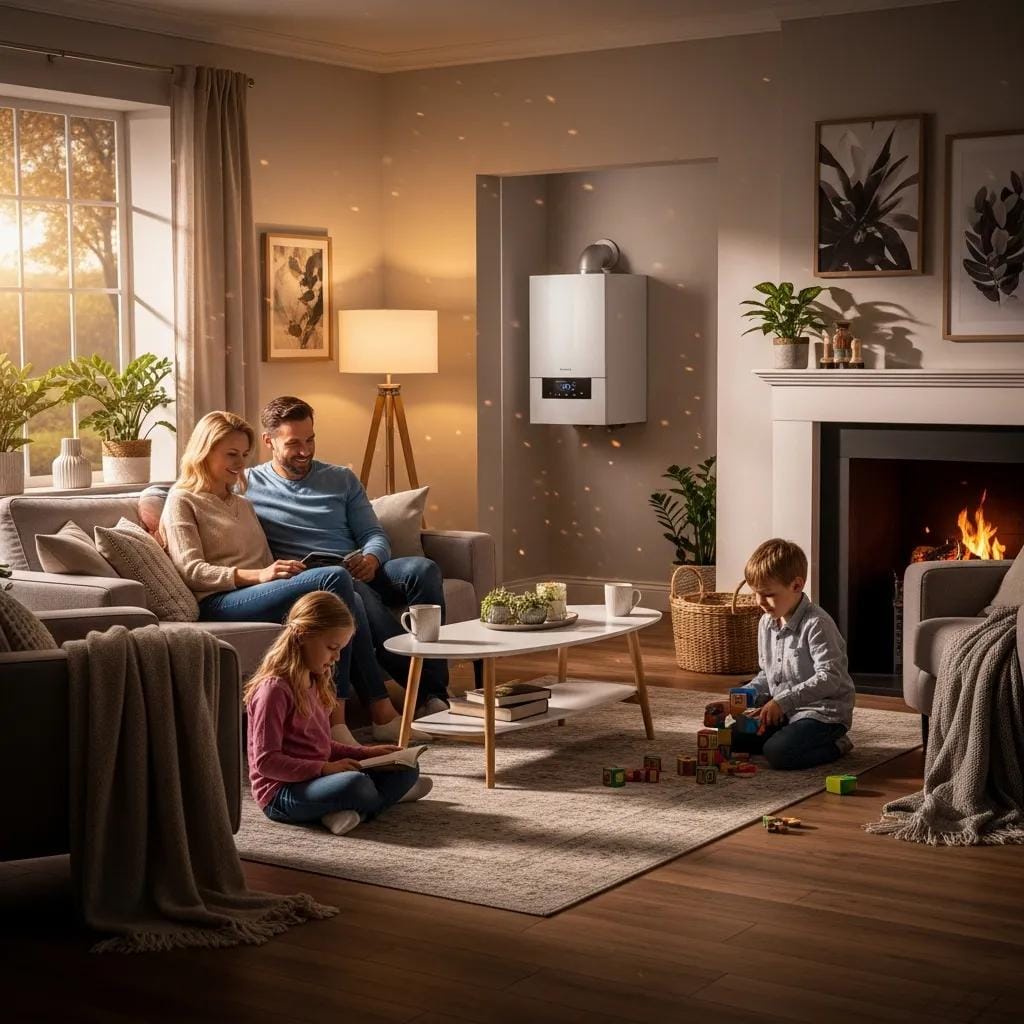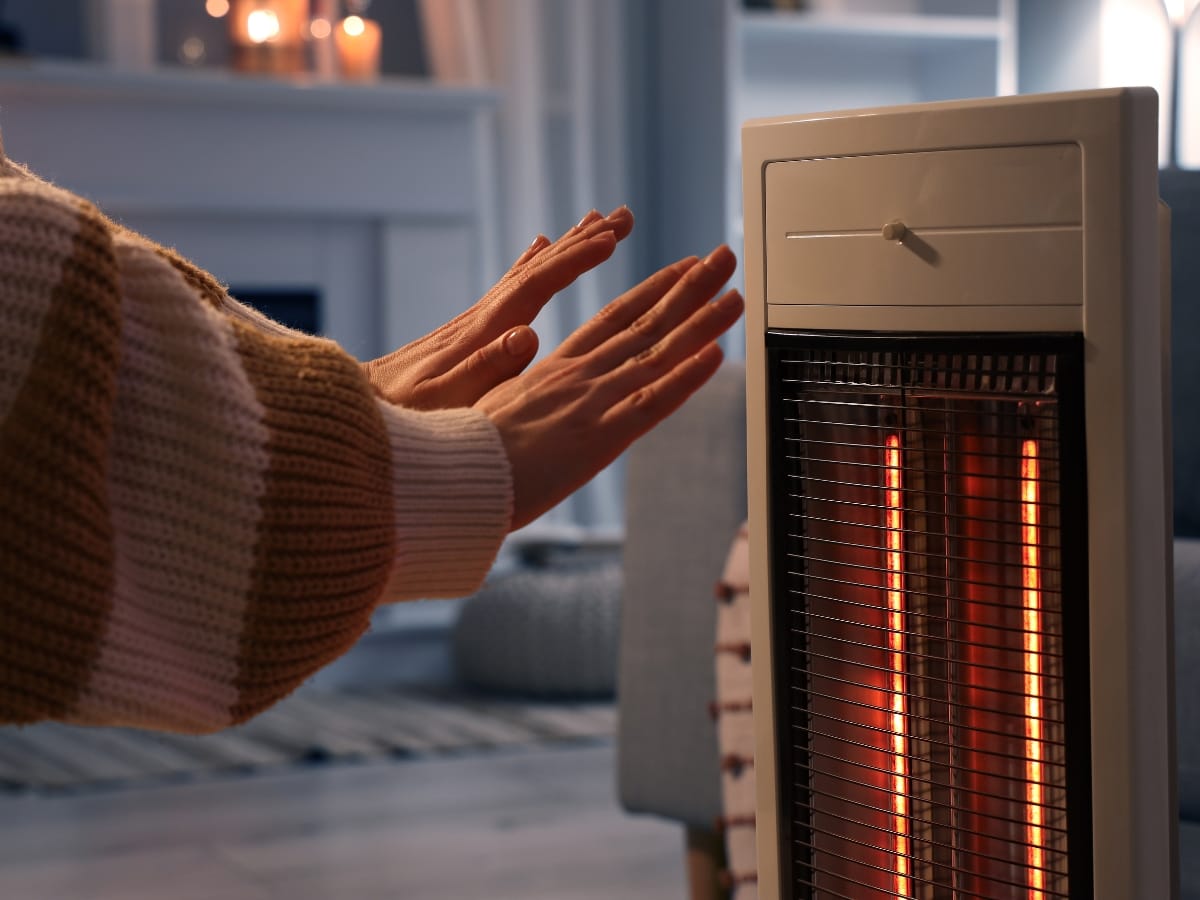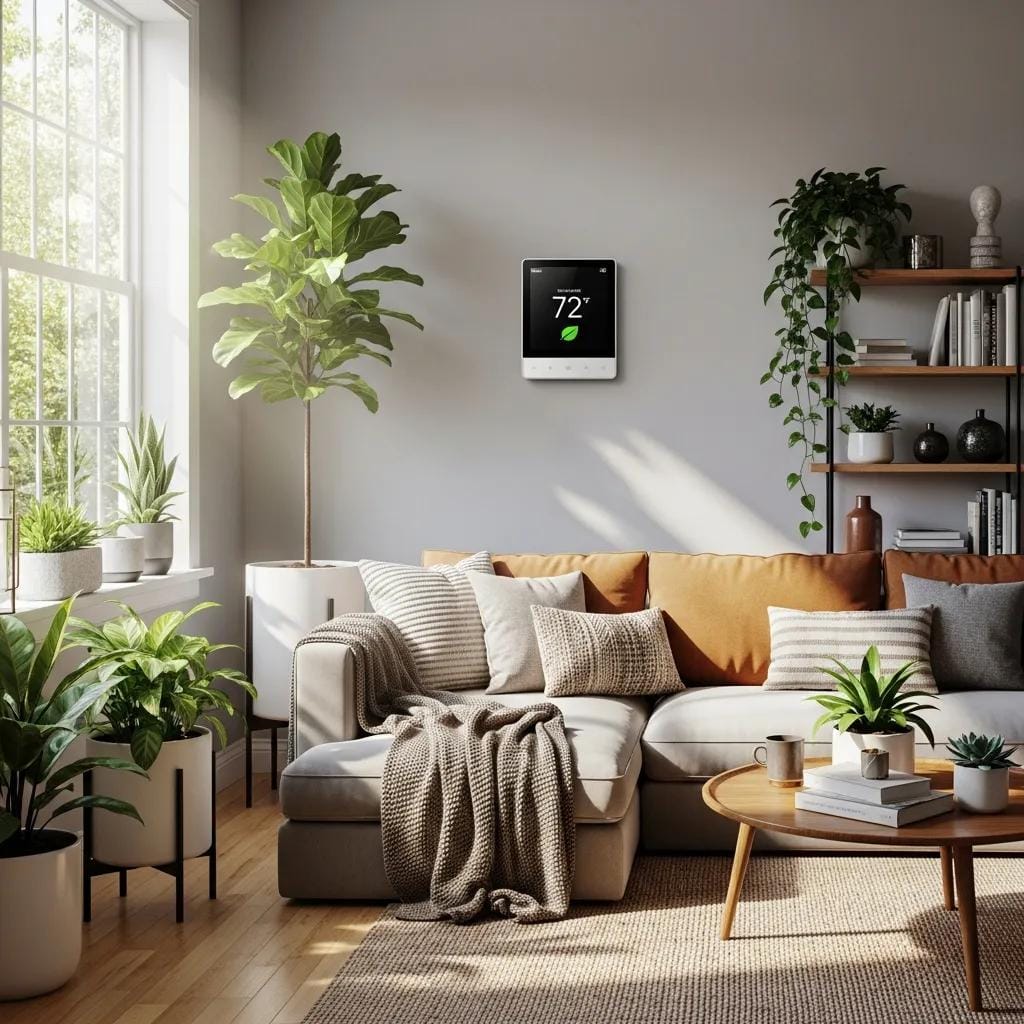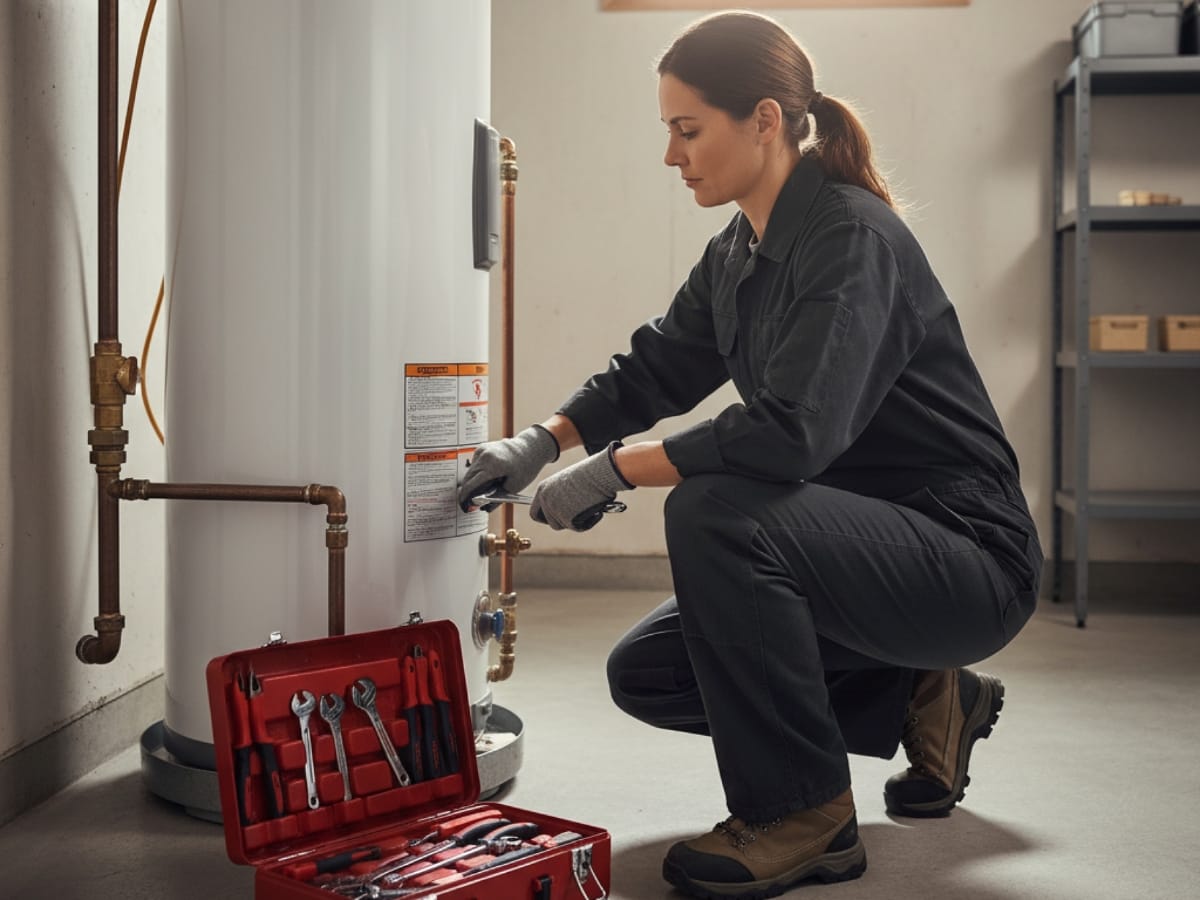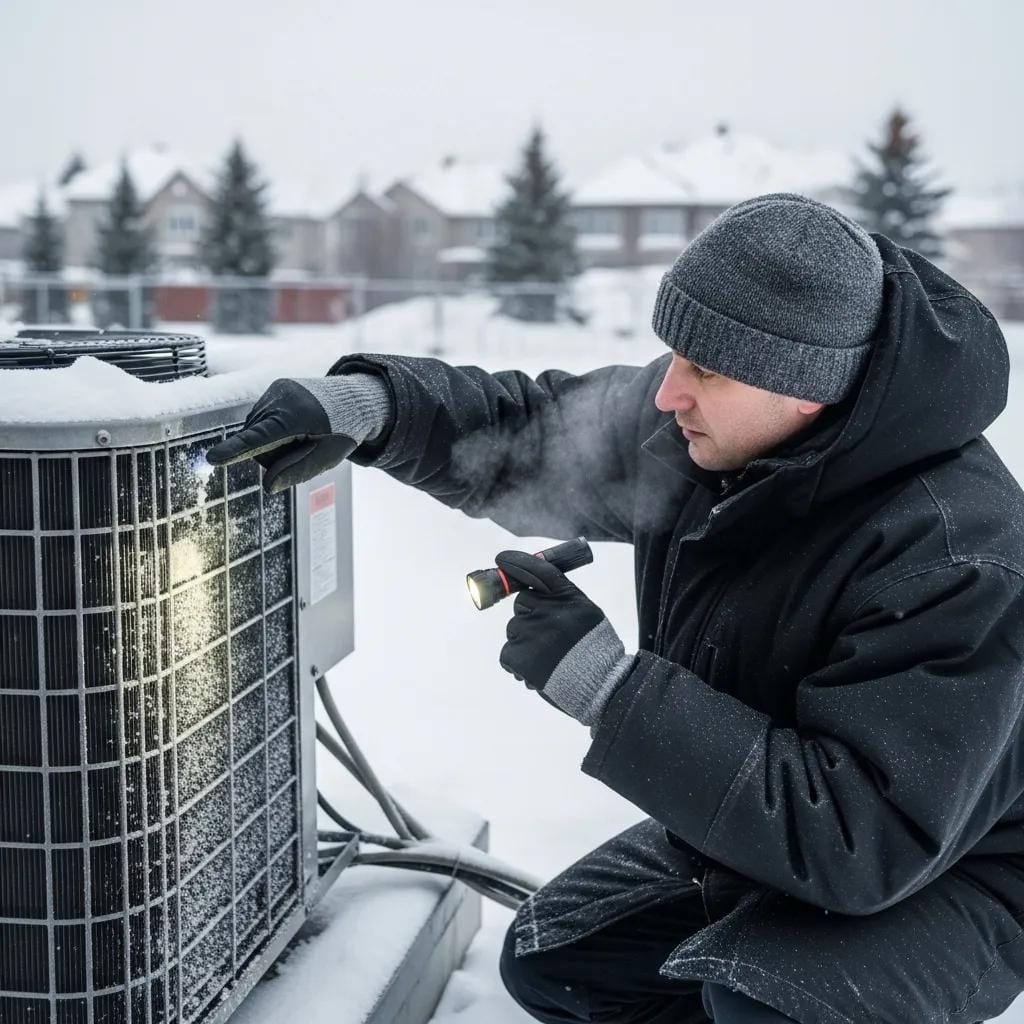Choosing the right HVAC system is essential for maintaining optimal comfort in your home or business, but with so many options available, navigating through them can feel overwhelming.
From central air systems and ductless mini-splits to heat pumps and hybrid setups, each type of HVAC system offers unique advantages depending on your needs, climate, and energy goals.
We’re going to break down the different types of HVAC systems, helping you understand their features, benefits, and ideal applications. With our guide, discover how to choose the right HVAC solution that ensures comfort, efficiency, and long-term value for your space.
Your Guide to Understanding the Types of Heating and Cooling Systems
Understanding Traditional Split HVAC Systems
Traditional split HVAC systems are a popular choice for heating and cooling residential and commercial spaces.
These systems operate by splitting their major components into two units: an indoor unit that contains the evaporator coil and blower, and an outdoor unit where the compressor and condenser coil are housed. The two units work together, connected by refrigerant lines, to circulate refrigerant, which facilitates the heating or cooling of your home.
One key advantage of traditional split systems is their dual functionality. In the summer, they extract warm air from inside your home, cool it, and then redistribute it, leaving you with a more comfortable indoor environment. In the winter, the system reverses the process, pulling in heat from outside (even in cold temperatures) and pumping it indoors to maintain warmth. This versatility makes them a reliable year-round solution for temperature control.
Another appeal of heating and air conditioning split systems is their cost-effectiveness. These systems tend to be more affordable upfront compared to other residential HVAC system options, like geothermal systems, and are known for their durability. With regular maintenance, many traditional split systems can function efficiently for 15 to 20 years, offering long-term savings and reliability.
However, the system does come with some drawbacks. Traditional split systems require ductwork to distribute air throughout your home, which can be an expensive installation if your building doesn’t have ducts.
Moreover, older or poorly insulated ducts may result in energy loss, reducing the system’s overall efficiency. Additionally, the reliance on ducts may also lead to uneven heating or cooling in some spaces, necessitating extra effort to ensure proper airflow and insulation throughout the home.
Exploring the Efficiency of Ductless Mini-Split Systems
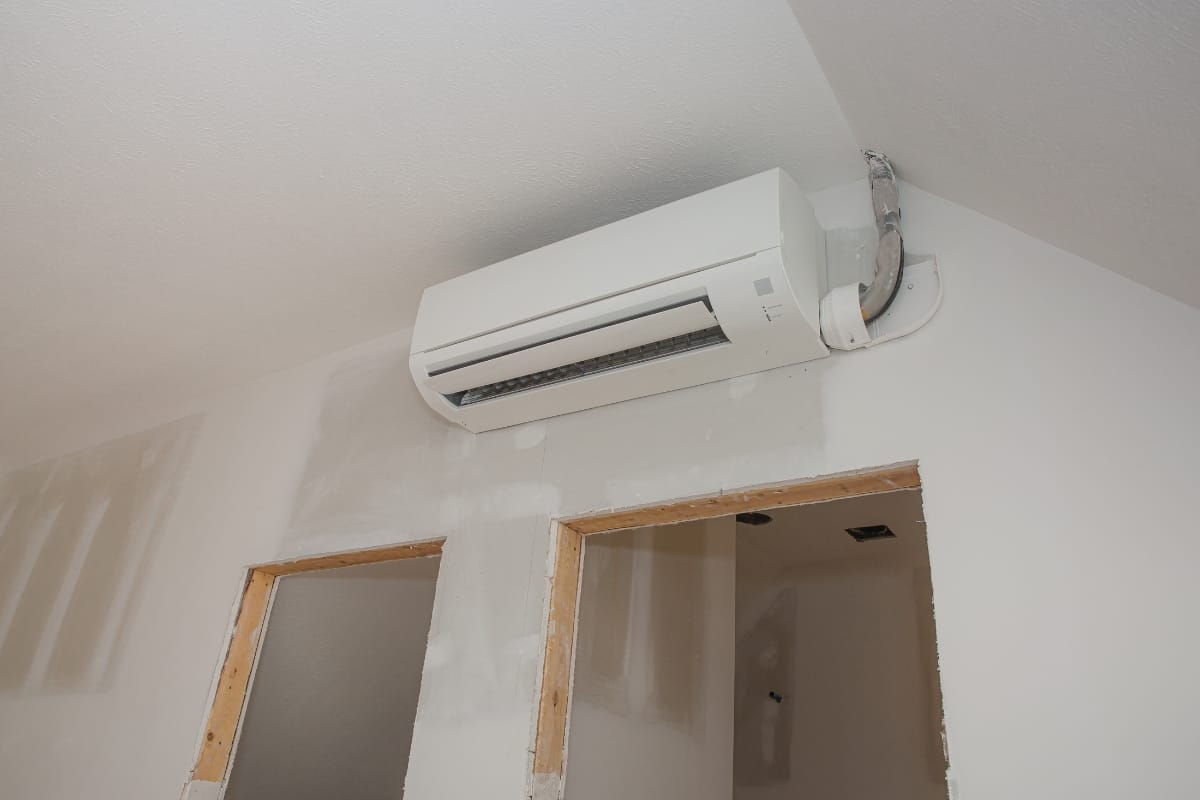
Ductless mini-split systems have gained popularity as an efficient alternative to traditional HVAC systems, particularly in homes or buildings where installing ductwork is either impractical or too costly.
Instead of relying on ducts for air distribution, these systems incorporate one or multiple indoor units installed on walls or ceilings. Each unit is linked to a sole outdoor unit through refrigerant lines, offering enhanced flexibility to independently cool or heat individual rooms or zones.
A significant advantage of ductless HVAC systems is their energy efficiency. Without ducts, there’s no risk of losing energy through leaks or poorly insulated ducts, which is a common problem in traditional systems. This makes them ideal for homeowners looking to reduce energy consumption and lower utility bills. Furthermore, by allowing temperature control on a room-by-room basis, ductless systems help avoid the waste of heating or cooling unoccupied areas.
In addition to efficiency, ductless mini-splits are known for their quiet operation. The indoor units are designed to run at low noise levels, making them perfect for bedrooms, home offices, or living spaces where peace and quiet are essential.
However, it’s important to consider some potential downsides. The initial installation costs can be higher compared to traditional systems, especially if several indoor units are needed to cover multiple rooms.
Moreover, while the indoor units are sleek and unobtrusive, the outdoor unit can be larger and more conspicuous than those used in conventional HVAC types, which might detract from a home’s aesthetic. Despite these minor drawbacks, ductless mini-split systems are an excellent option for those seeking energy efficiency and individualized climate control.
Harnessing the Power of Geothermal HVAC Solutions
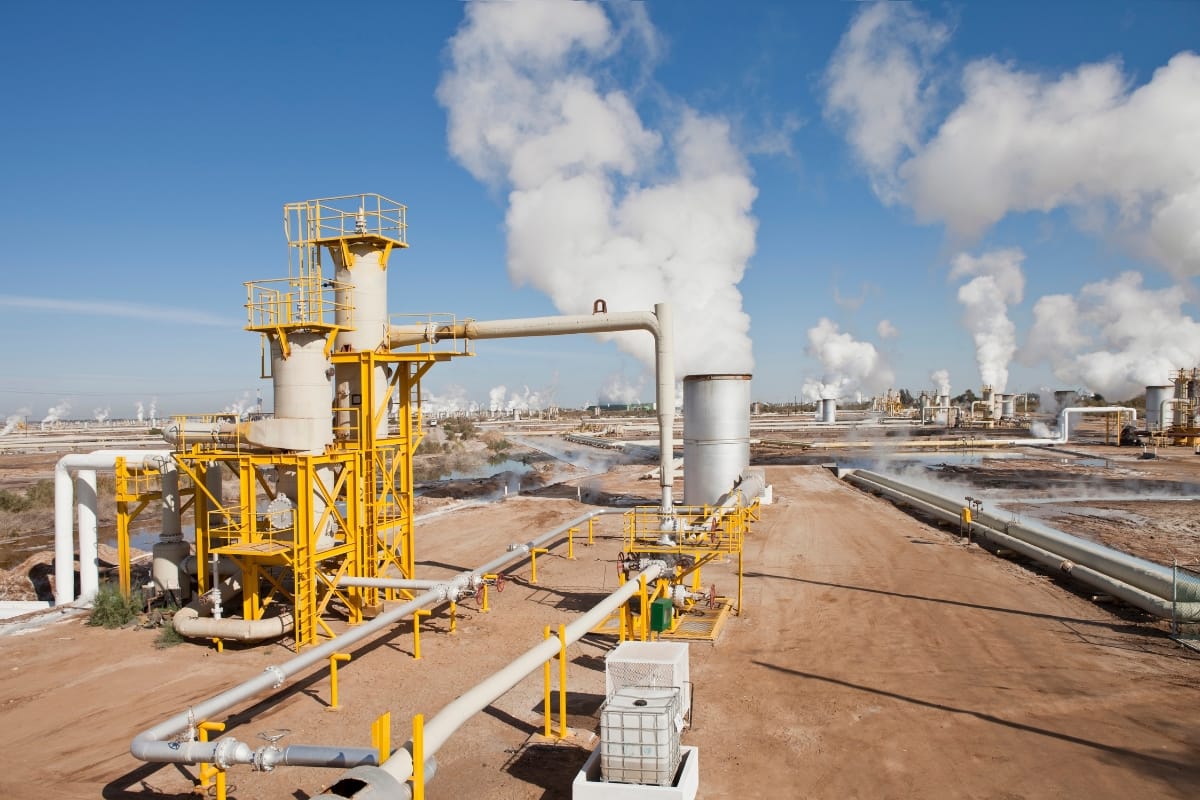
Geothermal HVAC systems represent a cutting-edge approach to home heating and cooling by leveraging the earth’s consistent underground temperatures. Unlike traditional systems that rely on fluctuating outdoor air temperatures, geothermal systems use a water-based solution that circulates through underground pipes—also known as loops.
This allows the system to transfer heat from the earth to your home in the winter and reverse the process in the summer, providing cooling by absorbing and releasing excess heat into the ground.
One of the primary advantages of geothermal systems is their exceptional energy efficiency. Since they draw from the earth’s stable temperature rather than fluctuating outdoor air, geothermal systems use significantly less energy.
According to the U.S. Department of Energy, geothermal heat pumps can reduce energy consumption by 25% to 50% compared to traditional heating and cooling systems, leading to substantial savings on energy bills over time.
In addition to energy efficiency, geothermal systems are an eco-friendly choice. By utilizing renewable energy from the ground, they eliminate the need for burning fossil fuels and contribute to lower greenhouse gas emissions. This makes them an attractive option for homeowners who are environmentally conscious and looking to reduce their carbon footprint.
However, the installation of geothermal HVAC units does come with higher upfront costs. The process of installing the ground loops requires drilling boreholes or digging trenches, which can be labor-intensive and expensive.
Despite this, many homeowners find that the long-term energy savings and environmental benefits outweigh the initial investment, making geothermal systems a smart, sustainable choice for the future. Additionally, many regions offer incentives or rebates that can offset the upfront cost, further enhancing the appeal of geothermal HVAC solutions.
Comparing Single-Zone vs. Multi-Zone Systems
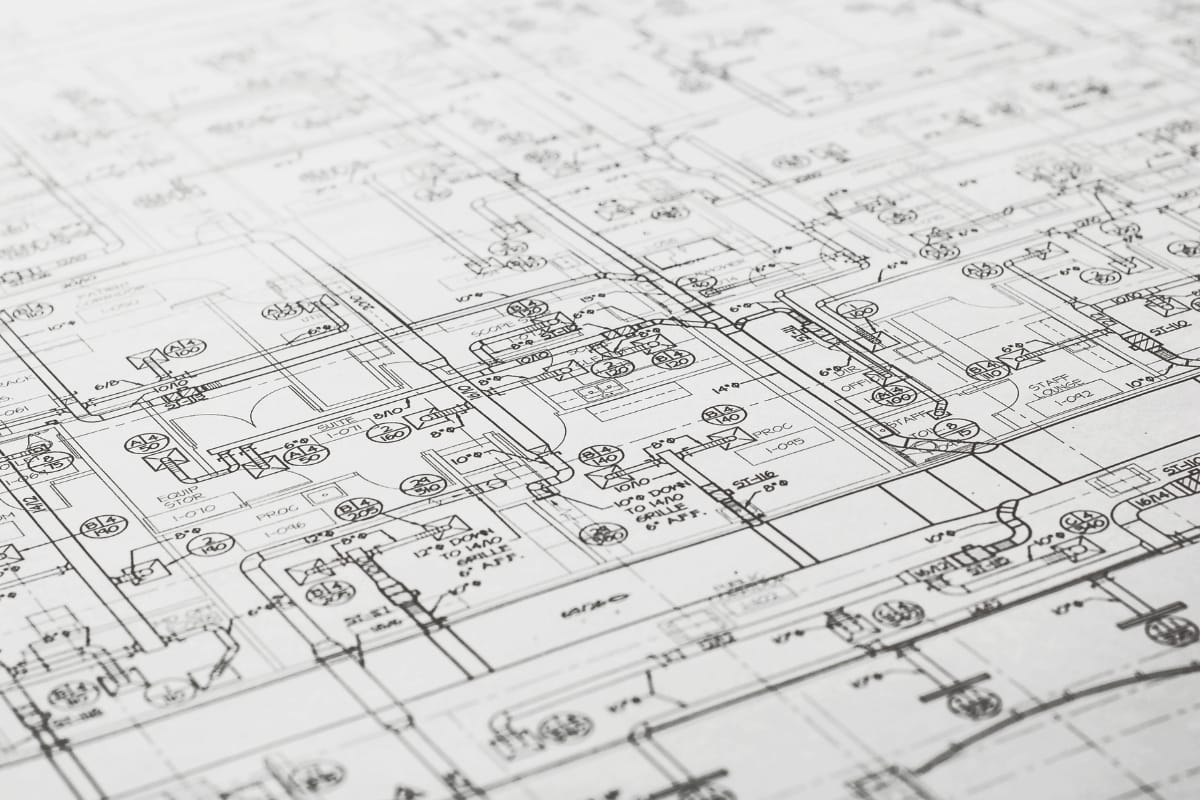
Choosing between single-zone and multi-zone HVAC systems depends on your home’s layout, energy needs, and personal preferences. A single-zone system comprises one indoor unit connected to one outdoor unit, designed to regulate the temperature in a single room or area.
Multi-zone systems, on the other hand, consist of multiple indoor units connected to one outdoor unit, giving you the ability to independently control the temperature in various rooms or zones.
Single-Zone Systems are cost-effective and straightforward to install, making them ideal for smaller homes, apartments, or spaces where you only need to control the temperature in a specific area, such as a single living room or bedroom.
These HVAC systems work well in situations where the entire house has a uniform heating or cooling requirement. However, single-zone systems lack flexibility as they cannot accommodate individual temperature adjustments in separate rooms, potentially leading to energy inefficiency if certain areas remain unoccupied.
Multi-Zone Systems are advantageous for larger homes or properties with diverse heating and cooling needs. They allow precise temperature control in each room or zone, catering to individual comfort preferences. For instance, you can keep bedrooms cooler while maintaining a warmer temperature in common living areas.
This flexibility also results in better energy management, as you can focus heating or cooling only where it’s needed, preventing unnecessary energy use. The initial installation costs are higher for multi-zone systems, but the energy savings and added convenience can outweigh these costs over time.
Ultimately, the decision between single-zone and multi-zone systems should be based on your home’s size, the number of occupants, and your energy efficiency goals.
Delving into the Benefits of Hybrid HVAC Systems
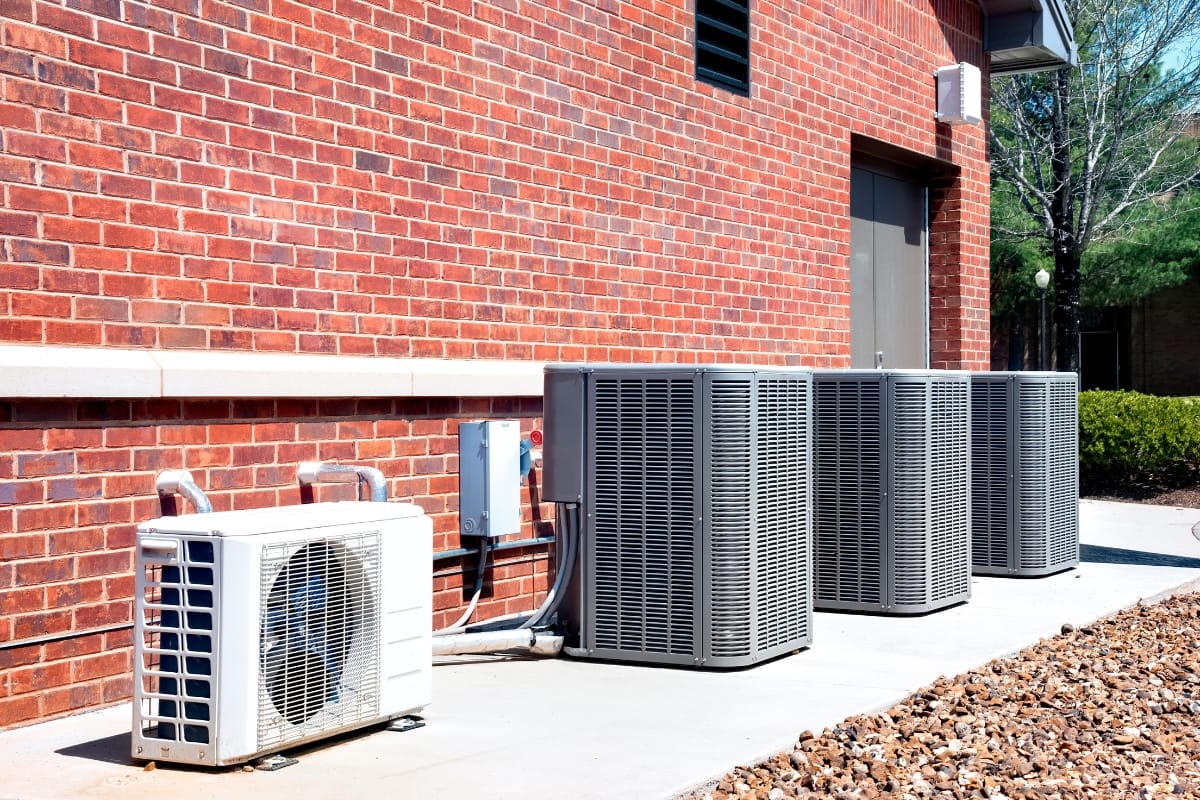
Hybrid HVAC systems offer an innovative solution by merging the efficiency of heat pumps with the reliability of traditional heating methods, such as gas furnaces. These systems automatically switch between electric heating and gas-based heating depending on outdoor conditions, ensuring optimal performance while saving energy.
One of the key advantages of hybrid HVAC systems is their ability to dynamically adapt to fluctuating weather conditions. During milder weather, they use the heat pump, which runs on electricity, offering an efficient and cost-effective solution. When temperatures drop significantly, the system switches to gas heating, which is better suited to deliver the necessary warmth in extreme cold, ensuring both comfort and efficiency.
Moreover, hybrid systems allow homeowners greater flexibility when it comes to choosing energy sources. Depending on fuel availability and costs, you can switch between natural gas, propane, or electricity, giving you control over energy expenditures.
This flexibility can lead to significant cost savings, especially when energy prices fluctuate. Additionally, hybrid HVAC systems are environmentally friendly, as they help reduce overall fossil fuel consumption by utilizing cleaner electricity for heating when possible.
Uncovering the Potential of Smart HVAC Technologies
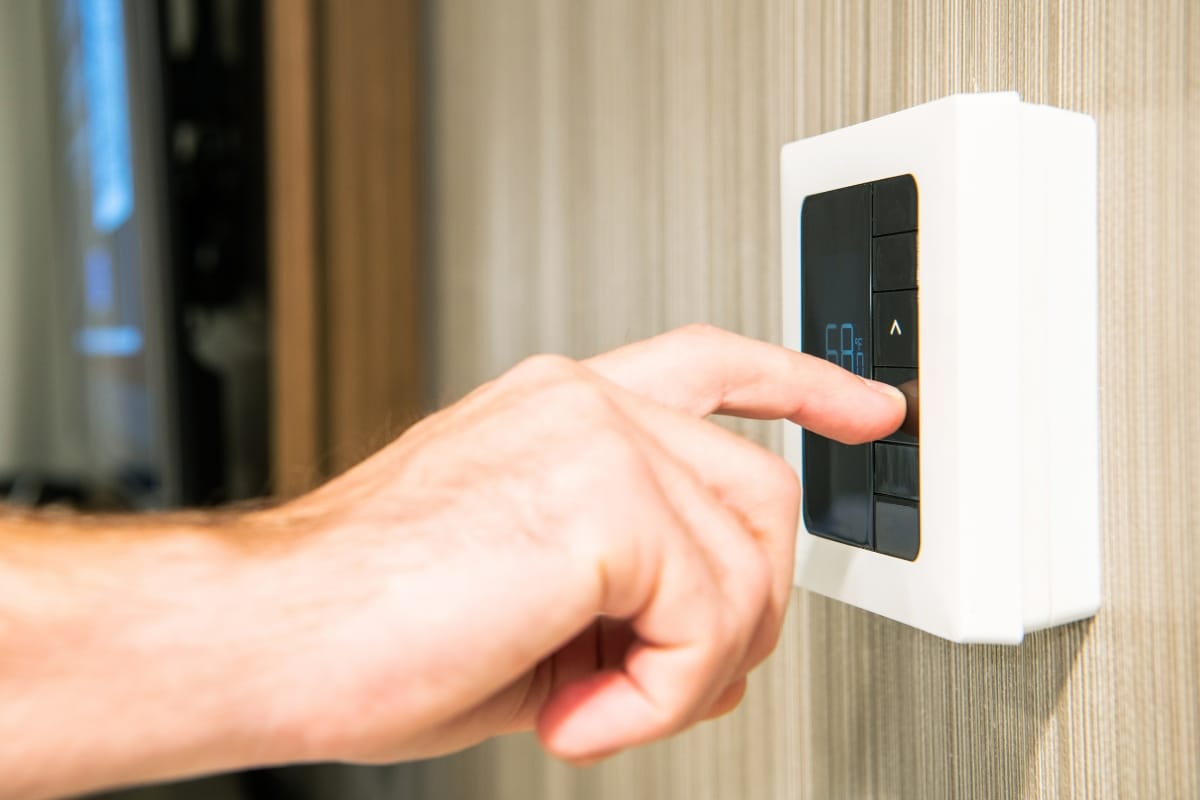
Smart HVAC technologies are rapidly transforming the way we manage indoor climates, offering a blend of convenience, energy efficiency, and automation. By integrating advanced sensors and internet connectivity, these systems go beyond simple temperature regulation, evolving into intelligent platforms that adapt to your lifestyle and environment.
One of the standout features of smart HVAC systems is remote access. Through smartphone apps or web-based platforms, homeowners can control their HVAC settings from virtually anywhere.
Whether you’re at work, on vacation, or just lounging on the couch, adjusting the temperature of your home is as easy as a tap on your phone. This not only maximizes comfort but also helps to reduce energy waste by enabling users to turn off or lower the system when they’re away.
Moreover, these systems are capable of learning your behavior over time. By analyzing occupancy patterns, they can automatically adjust heating or cooling based on when you’re home or away.
Additionally, some smart HVAC systems integrate with other smart home devices, allowing seamless automation of tasks, such as coordinating with smart blinds to optimize energy use based on sunlight. They can even factor in local weather data, adjusting your system in advance of a heatwave or cold front.
Evaluating Energy Efficiency Ratings and Cost Considerations
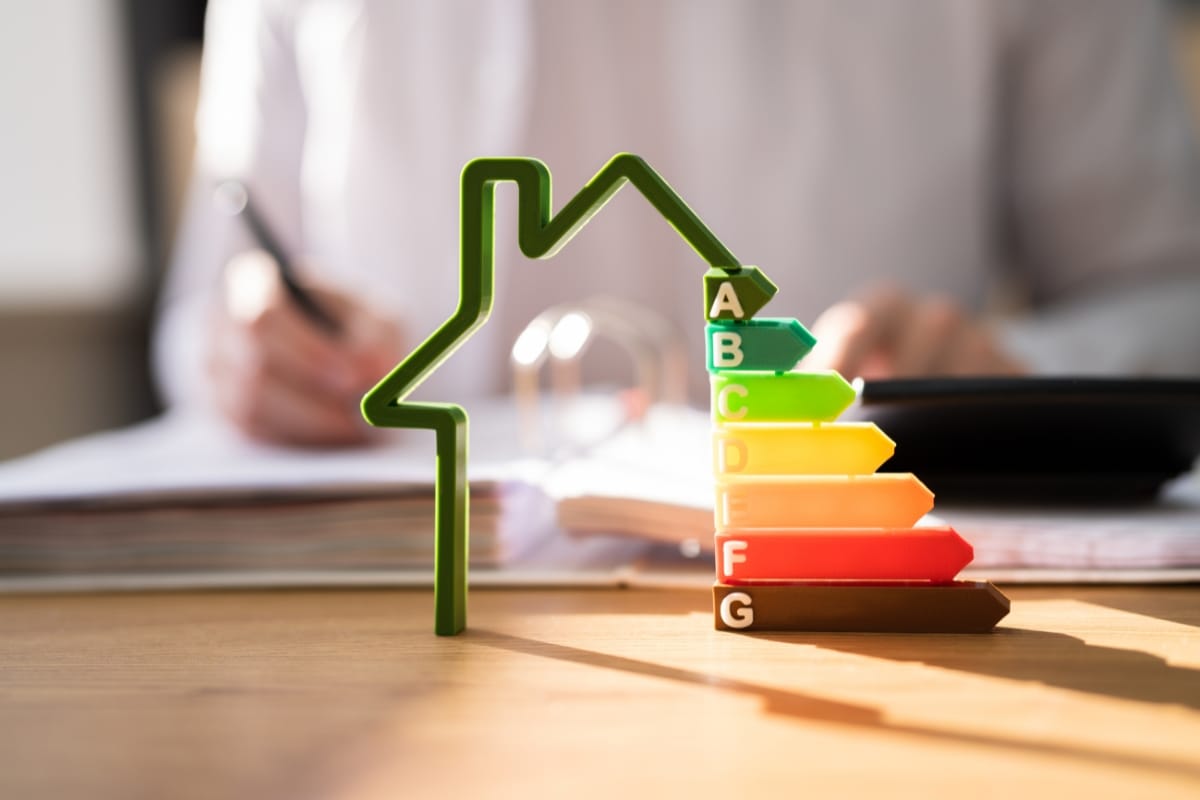
When selecting an HVAC system, understanding energy efficiency ratings and the associated cost factors is critical for making an informed decision. Efficiency ratings such as SEER (Seasonal Energy Efficiency Ratio) for cooling and AFUE (Annual Fuel Utilization Efficiency) for heating provide insights into how efficiently the system operates.
A higher SEER or AFUE rating means the system uses less energy to achieve the desired comfort level, which can lead to significant savings on your energy bills over time. For instance, a system with a SEER rating of 16 will consume less energy than one rated at 13, translating to lower monthly operating costs.
However, upfront costs are just one piece of the puzzle. It’s important to assess the long-term expenses associated with HVAC systems, including maintenance, repairs, and energy usage.
While high-efficiency systems may have a larger initial cost, they often pay for themselves through reduced energy consumption and fewer maintenance requirements over their lifespan. Additionally, local utility companies or governments may offer rebates or tax incentives for choosing energy-efficient models, helping to offset installation costs.
Customizing Your HVAC System for Enhanced Comfort
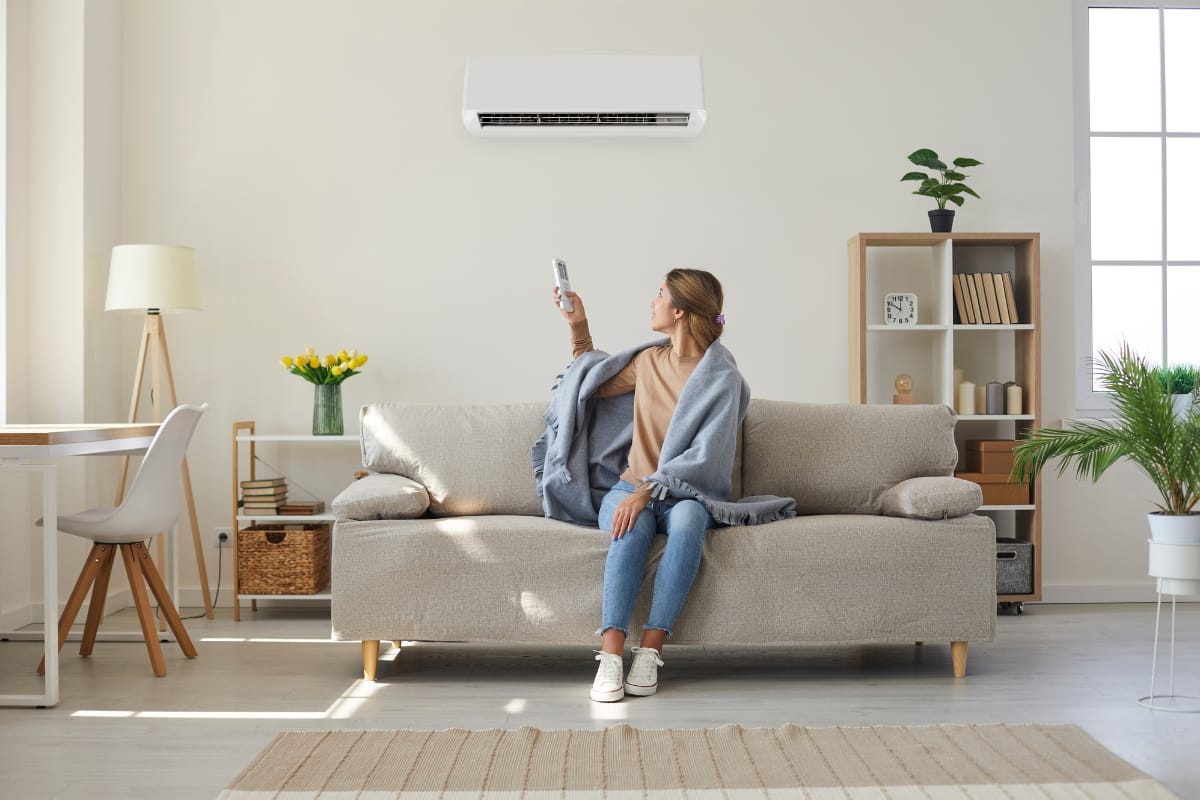
Optimizing the comfort of your home begins with customizing your HVAC system to meet your specific needs. Every home has unique characteristics that influence the performance of an HVAC system, such as the size of your living space, insulation quality, air quality requirements, and your personal heating and cooling preferences.
Properly sizing your HVAC system is essential—if the system is too small, it will struggle to maintain the desired temperature, while an oversized system may cycle on and off too frequently, wasting energy and causing uneven heating or cooling.
Consulting a professional HVAC contractor is crucial for making informed decisions. An experienced contractor will perform a detailed evaluation of your home, taking into account factors like room size, window placement, and insulation levels to ensure the system operates efficiently.
They can also recommend additional features, such as zoning systems, which allow for different temperature settings in various areas of your home. This level of customization helps maintain ideal comfort levels while maximizing energy savings.
Moreover, air quality is another critical factor. Adding air purifiers, humidifiers, or dehumidifiers to your HVAC system can enhance the indoor environment by balancing humidity and removing pollutants. By tailoring your HVAC system to your home’s specific requirements, you not only ensure greater comfort but also improve energy efficiency and overall air quality.
Conclusion: Choosing the Perfect HVAC System for Your Comfort Needs
Navigating through the various HVAC system types can be overwhelming but understanding their functionalities and benefits is essential in making an informed decision. Each option has its own advantages and considerations.
Choosing the right HVAC system is essential for maintaining comfort and efficiency in your home or business. If you’re unsure which system is best for you, CoolPro Heating & Cooling can guide you through your options for optimal comfort.
With expert service and tailored HVAC solutions, we’ll ensure you find the perfect fit for your needs. Submit a service request or give us a call at 770-694-6232 to schedule a consultation and experience the difference with CoolPro Heating & Cooling.

